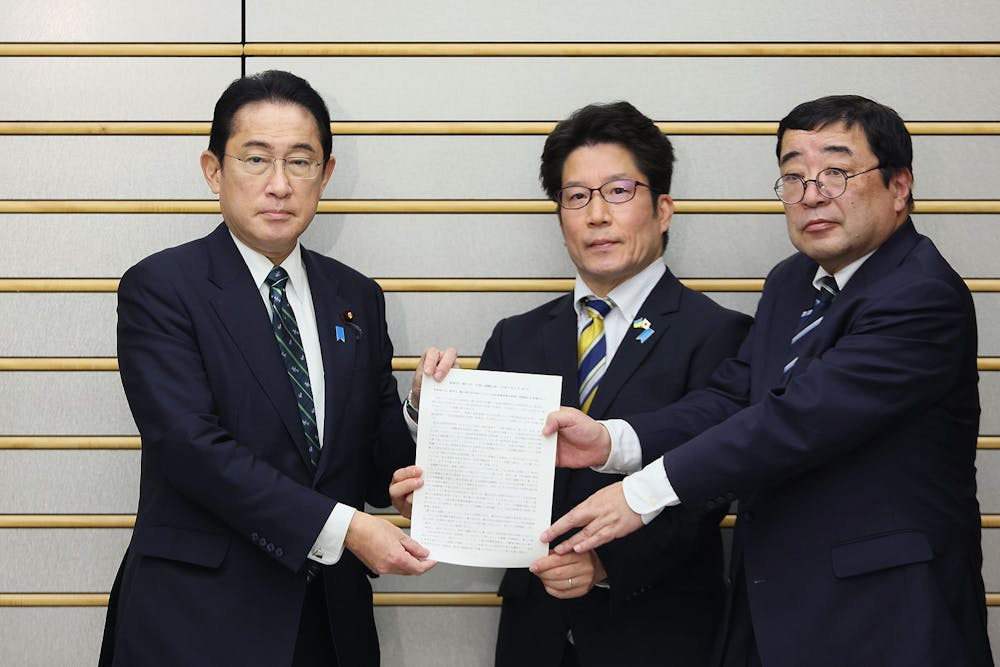By Abigail Gilder
Staff Writer
On Oct. 30, a high court in Japan asserted that the North Korean government holds responsibility for human rights violations. According to AP News, one of the plaintiffs, Eiko Kawasaki, claimed she was lured to North Korea in the 1960s.
As reported by the plaintiffs, many people were attracted to the promises of North Korea from 1959 to 1984, mainly due to the promise of free healthcare, jobs, benefits and education. These benefits were offered as a part of the massive repatriation program from North Korea, which was meant to replace workers killed in the Korean War and to bring overseas Koreans back home, as reported by AP News.AP News. However, upon arriving in North Korea, none of those promises were ever fulfilled. Not only were they assigned difficult manual labor, but they were also forced to live in harsh living conditions, unlike anything they had faced in their prior countries, as the Jurist reports.
According to AP News, Kawasaki claims that “if we were informed of the truth about North Korea, none of us would have gone.”
Five separate plaintiffs have filed this lawsuit seeking $900,000 each, or 100 million yen, on the charges of “illegal solicitation and detainment” in 2018. However, while the charges were acknowledged, they had been informed that the statute of limitations had expired, so they were unable to reap any benefits other than the government acknowledging their past struggles. The Japanese court was also unable to rule because the crime occurred in North Korea, meaning it was out of Japan’s jurisdiction, as reported by The Guardian.
On an appeal to this case, the high court of Japan ruled that despite prior claims otherwise, because the ship that took the plaintiffs to Korea was docked in a Japanese harbor, the Japanese government did have jurisdiction over this case. In recognizing this, the high court of Japan ruled in a landmark decision that the North Korean government was guilty for crimes against humanity, due to the imprisonment of thousands of Japanese in North Korea through manual labor and strict border control.
Many people feel that the Japanese Prime Minister, Fumio Kishida, should take advantage of this ruling by demanding that current North Korean leader, Kim Jong Un, release others who had suffered similar situations as the plaintiffs, as suggested by the Human Rights Watch. Others also assert that other governments should attempt to hold North Korea responsible for these unjust actions.
Despite their struggles, the plaintiffs have managed to maintain a positive outlook on life. As another plaintiff, Hiroko Saito, says, “I just hope Japanese people still alive in the north will return home.”







